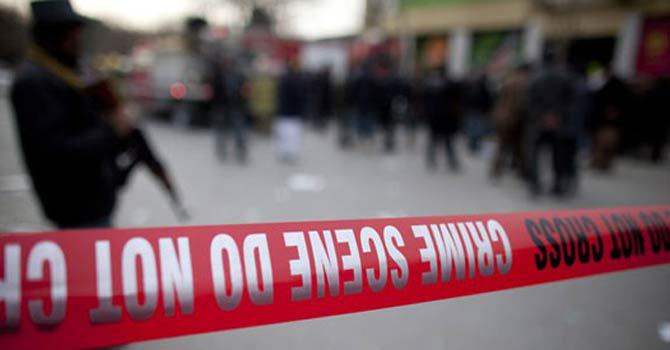KABUL: Afghanistan's intelligence agency says a large bomb has accidentally gone off inside a weapons depot in downtown Kabul. No one was hurt in the explosion.
Gen Farid Shamal, deputy spokesman for the National Directorate of Security, says the bomb was part of a weapons cache that was seized from insurgents. It was stored inside a special depot in the Afghan capital, Kabul.
Shamal says the blast was caused by a ''technical issue.''
The depot is located close to the headquarters of the US-led international military coalition and the American Embassy.
The loud blast shook parts of downtown Kabul on Thursday and triggered the US embassy's “duck and cover” sirens.
On Wednesday, a suicide car bomb went off near a gate used by Nato troops in the northern section of the Kabul airport. The Taliban claimed responsibility for that attack.













































Dear visitor, the comments section is undergoing an overhaul and will return soon.